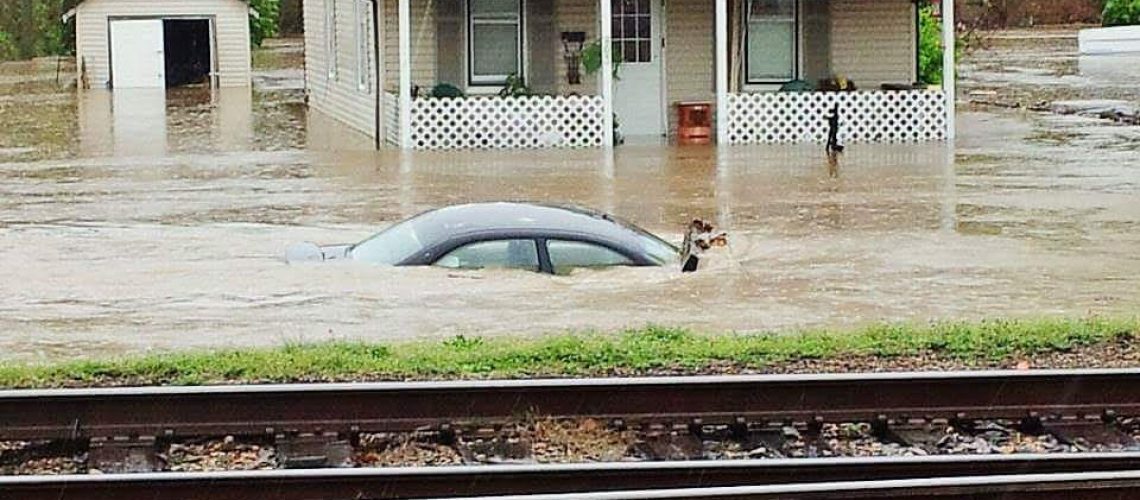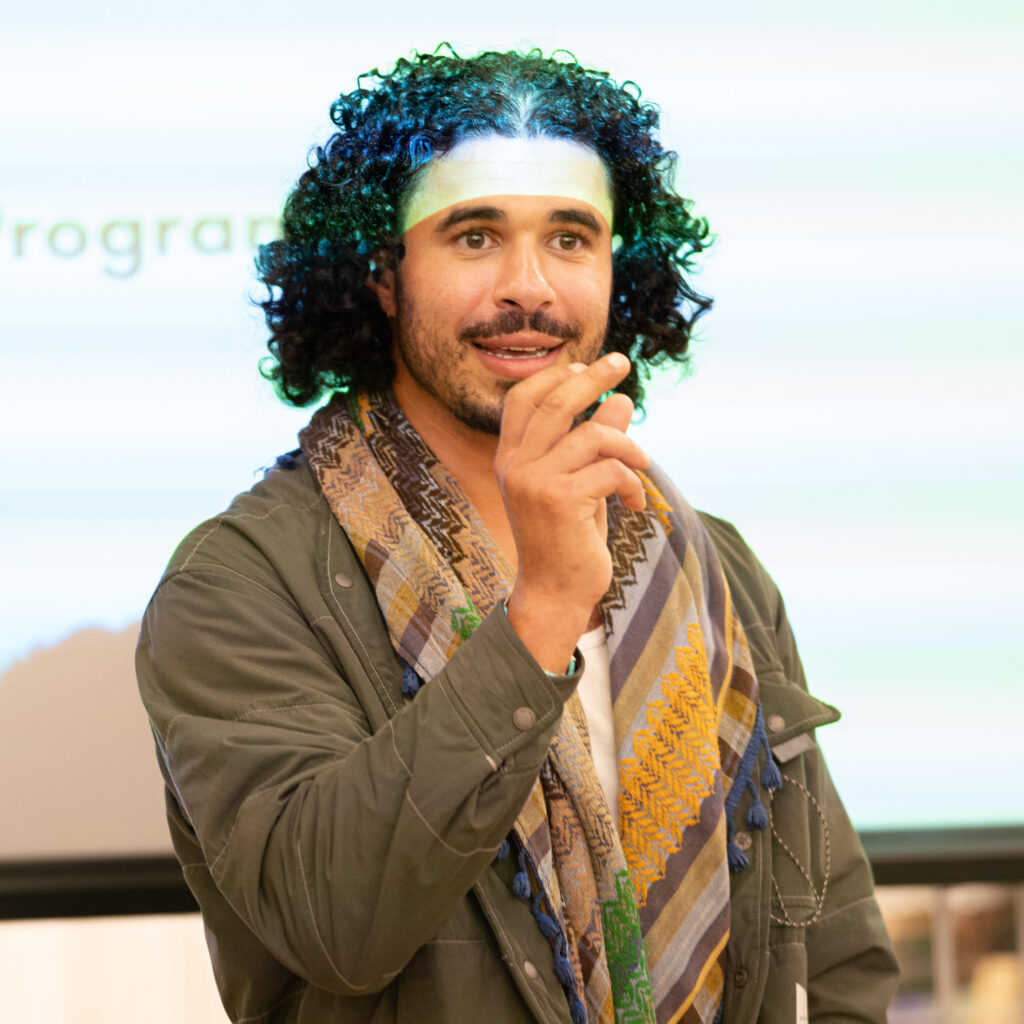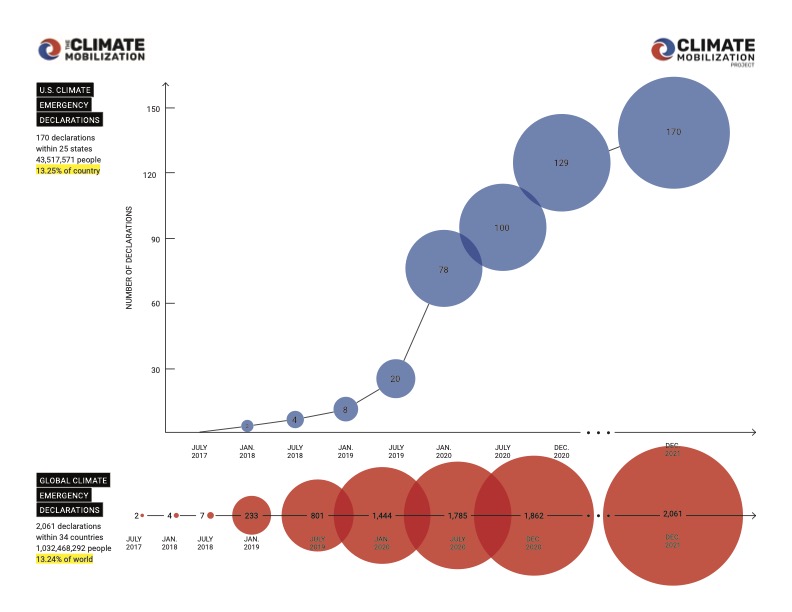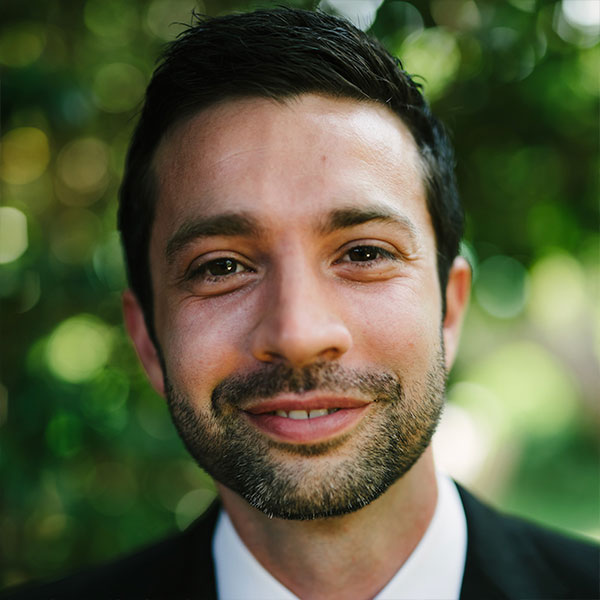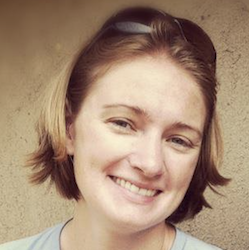GROUPS HOPE GREATER NATIONAL ATTENTION ON CLIMATE REACHES THEM AS WELL
Contact: Malik Russell / malik@climatemobilization.org
WASHINGTON, DC – (October 4, 2019) – Just little over a week ago, led by youth leaders and organizations around the world, over 7 million people hit the streets in global climate strikes to bring attention to the climate emergency. Last month, the world’s attention was focused on the burning Amazon rainforest and the devastation of Category 5 Hurricane Dorian on the Bahamas where the death toll reached 56 with 1500 in shelters and 600 still missing.
“Hurricane Dorian is another urgent reminder that we must address the drivers of climate change and invest more in resilient communities. The longer we wait, the more people will suffer. We need to keep the world and people safe,” said Dr. Tedros Adhanom Ghebreyesus, Director-General of the World Health Organization, after a recent visit to the Bahamas.
While we continue to mourn the communities suffering from Hurricane Dorian, wildfires in the Amazon or California, other communities are also facing a slowly-grinding destabilization due not only to the climate crisis but also government bureaucracy. Often these communities remain hidden, even within their own states and outside the spotlight associated with massive climate disasters.
Many of these communities are a just one major storm away from washing away all hope for any type of stability. Here in the United States, communities ranging from Port Arthur, Texas to De Soto, Missouri, Ohio and Staten Island, New York are signing onto a petition from The Climate Mobilization calling on Congress to declare a national climate emergency in the hopes it will bring the much needed attention and resources to communities seemingly forgotten by state and local officials. They are members of Higher Ground, the largest flood survivor group in the country, which represents community leaders from 50 towns and cities in 22 U.S. states.
Despite the dire conditions, there is hope.
Introduced in July by Rep. Earl Blumenauer (D-OR), Rep. Alexandria Ocasio-Cortez (D-NY), and Senator Bernie Sanders in the Senate, the concurrent resolution has gained over 70 sponsors in the House of Representatives and 7 in the Senate –including most presidential candidates. Yet, even if Congress does move ahead with passing a concurrent resolution to declare a climate emergency sponsored, for many frontline communities with their backs against the wall, the window for survival is closing fast.

In Missouri, the state reports over 1.2 million acres of farmland are flooded. Recently, the governor organized a meeting for state leaders with those affected by flooding from all around the state which drew Susan Liley, a grandmother in a heavily Republican area of De Soto about 40 minutes from St. Louis. Liley, Co-Founder of Citizens’ Committee for Flood Relief says a lot of people are not necessarily talking about “climate change,” in De Soto but they are talking about the flash floods, including 4 since 2013 that have destroyed people’s property and taken lives.
“Many towns in Missouri are flash flooding,” said Liley. “At first we thought it was a once in a lifetime thing, but it’s happening every year,” she said.
Liley’s seen a father washed through a drainage tube due to a tornado, an older lady experience a heart attack while being evacuated from a flood by boat and a 72 year old friend lose everything she owned “battling an insurance company,” who refused to pay. This was enough before she and a couple of women got together to create a citizens committee for flood relief. There are hundreds of homes in the area, currently recommended for acquisition-buyout from the government, elevation or flood proofing “if they ever appropriate money for it,” she says.
Up the river in Ohio, similar stories of unrelenting flooding are also becoming a dangerous norm.
Judy Peyko of Boardman Township, Ohio has seen four floods in a decade including the 3rd one in less than a year. Despite the flooding which continues to overwhelm storm and sanitary buffers, new construction designed to increase residents and growth continues unabated. Last year FEMA came in and declared it a disaster area and Peyko who has worked to get the Army Corps of Engineers to Boardman and Canfield as well but nothing seems to get their attention that what is happening is not normal, but officials just aren’t getting it.
“They’re not getting it. I wish I could say differently, instead they blame us. And we blame them,” said Peyko. “They don’t understand its urban flooding or climate changes because our leaders keep us in the dark, we don’t live near the Mississippi. I’m afraid I am going to be homeless and it’s a nightmare…no one cares about us.”
Like victims in Missouri, Peyko whose basement floods with sewage every time it rains, is also seeking help from FEMA with a possible buyout which remains unlikely due to the heavy paperwork involved. Also unlikely is winning a fight with her home insurance company. The flooding has also exacerbated tensions between her and her neighbors, one of whom called the police on her for requesting she not cut down 2 large trees which help soak up water during rains.
“She called the police because I asked her to reconsider. Every time it rains, it’s a mess, I have flood insurance and they are denying my claim. My flooring is destroyed in the basement,” said Peyko.
Unfortunately for Peyko and the countless similar stories around the nation, the weather will likely get worse.
According to the National Centers for Environmental Information, a federal agency located within the National Oceanic and Atmospheric Administration (NOAA), there have already been six extreme weather events causing losses of more than a billion apiece.
In just the past four years alone, we’ve seen five Category 5 hurricanes along the Atlantic seaboard ranging from , Mathew (2016), Irma and Maria (2017), Michael (2018) and Dorian (2019). There is no expectation for these storms to decrease and the warming of our planet means they’ll be more intense. NOAA points to a new study from NCEI and the Lamont-Doherty Earth Observatory, arguing that “greenhouse gases may allow future hurricanes to become stronger on the U.S. East Coast.”
While the eastern seaboard has seemingly avoided the worst of Dorian, other places around the nation are still trying to recover from previous hurricanes.
In Port Arthur, Texas pollution and environmental racism has long-served as a man-made enabler of climate change. Surrounded by five oil refineries in the midst of ‘energy country’ where toxic waste and petroleum products disproportionately impact its African American residents – the city moved into dire straits when warmer-water fueled hurricanes devastated the city.
“We’d used to get hurricanes every 10-12 years,” said local activist Hilton Kelley, founding Director of Community In-Power and Development Association Inc. (CIDA Inc.), and a non-profit that works to empower low income residents to take action on environmental issues. “But since 2005 seems like they are coming every other year. After Katrina hit and we started resettling folks, we got hit by hurricane Rita,” said Kelley, who in 2011 won the Goldman Environmental Prize for his work on environmental justice issues along the Texas Gulf Coast.

In 2017, Port Arthur was nearly consumed by Hurricane Harvey when 80 percent of housing was destroyed and 65 percent of residents faced water in their homes, drastically shrinking the city’s population since it began a downward trend after the ending of segregation in 1970 saw huge swaths of its non-Black population head to the suburbs. Now, empty shells of houses and unfilled apartments blot the landscape since burdensome restrictions and lack of funding and political will local, state or national present enough funding necessary to rebuild communities. As usual in most places around the nation, those communities who get rebuilt first are usually the wealthy ones. Once population drops below 50,000 the city loses access to substantial federal funding, which it can little afford to lose.
According to one EPA study, African Americans are disproportionately the victims of air pollution compared to whites. This is clear in Port Arthur and as global warming increases the intensity of hurricanes like Dorian; few people whether local residents or state politicians are talking about it in a way that connects to the larger picture of climate emergency.
“There’s a communication gap,” said Kelley. “You have the so called leaders coming to these communities and tell the people what they need instead of listening to the people. Before the first responders arrived I was helping but I was not asked about solutions – they are not listening to the indigenous people of the land. Our state and federal government have known the possibility of flooding in many communities – especially in those low lying areas were blacks lived — they (government) owe it residents to do everything they can to sustain and rebuild our housing rather than leaving people to fend for themselves. People are beginning to feel that there is no assistance coming,” said Kelley.
Kelley and others doubt whether Port Arthur can survive the next major hurricane without state or national help.
He has reason to be worried, as data from The Internal Displacement Monitoring Center shows that a record-breaking seven million individuals were temporarily displaced during the first six months of this year by floods, cyclones, and extreme weather.
Issues of climate emergency impacting communities are not only regulated to parts of the South and Midwest, but also in seemingly unlikely places such as New York City. Residents of Graniteville, a predominately African American and Hispanic neighborhood in the north west section of Staten Island, attribute coastal flood protection during Hurricane Sandy to a 30-acre wetland known as the Graniteville Swamp aka the Graniteville Wetland and Forest on South Ave. The wetland has both freshwater wetlands and a tidal wetland (Old Place Creek) side by side. The Creek empties out into Arthur Kill a body of water between Staten Island and New Jersey.
On Staten Island amid the declaration of climate emergency by New York City – the largest city in the world among now over a thousand cities/jurisdictions in 19 nations – there exist places of contention where gentrification, greed and bad policies intersect in ways disproportionately dangerous to some communities.
According to local organizer Gabriella Velardi-Ward, founder of Coalition for Wetlands and Forests, while Staten Island is surrounded by climate and environmental health hazards, especially on the north shore, where there are 21 toxic sites, the Staten Island Expressway, Newark Airport and chemical plants in close proximity, there exists one saving grace – a 30-acre wetland known as the Graniteville Swamp and Forest on South Ave. This area served as a natural protective barrier for Graniteville during Hurricane Sandy which tore across it in 2012 causing 24 reported deaths and many more among the undocumented population that were never officially counted.
The shore line all around Staten Island was once wetland, but about 80% of that wetland has been lost due to several factors including a flawed oversight and permit process that side with developers. This process now threatens to allow developers to fill in the wetlands with a new BJ’s Wholesale Club, gas station, parking lot for 835 cars and other retail outlets on the scarce 18 of the 30 acre area. If allowed to go through, residents on both the East side and North side – could face catastrophic flooding. It’s already expected that a 120 home trailer park on the West side could be totally when the next Category Four or Five hurricane travels up the coast. This is doubly frightening since Hurricane Sandy had been downgraded to a Category 1 storm by the time it hit Staten Island, it was the storm surge and not the wind that did the most damage.
“Developers are being allowed to build without taking into account the impact it will have on the community,” said Gabriella Velardi-Ward. According to recent reports, while New York is planning to build a sea-wall around the (NYC is planning to build a sea wall around the south east shore of Staten Island. The Army Corp of Engineers is planning to build a wall around all of NYC) city to counter sea level rise due to global warming, it only covers the disproportionately wealthier and whiter South shore of Staten Island and not the North shore. Gabriella and other activists have fought very hard. But at this point, it could go either way. There doesn’t seem to be planning here. In one area they are bringing back wetlands and forests but here in Graniteville, the city has approved the destruction of this forested wetland, due to a technicality. This type of planning is unfair and unpredictable. Her fears are that those elected to represent us, talk the climate emergency talk, but don’t really understand the seriousness of this climate emergency or won’t really get it until it’s too late.
“Climate emergency is real,” added Velardi-Ward. “If we don’t protect our communities with an urgency of understanding and urgency of action, we’re facing not only a threat to Staten Island but all of New York.”
Many of these locations suffer outside of the spotlight and with little recognition, funding or even understanding of what is going on in their communities. Many feel their calls on local, state and national government have gone unheard and in many cases they are not wrong.

A recent New York Times report shows through June, the Federal government “had spent less than one-third of the $107 billion provided by Congress following the hurricanes and wildfires of 2017 and 2018, federal data show. The Department of Housing and Urban Development, which received $37 billion — more than any other agency — had spent less than $75 million.”
For the Climate Mobilization, a Brooklyn-based national organization committed to a WWII style mobilization and declaration of a climate emergency by Congress, these stories are clear evidence that the climate emergency is here and only expanding right before our eyes.
They are hoping more communities across the nation sign onto their online petition to push for climate emergency declarations. TCM is also hoping the concurrent resolution introduced by Congresswoman Alexandria Ocasio-Cortez, Rep. Earl Blumenauer and Senator Bernie Sanders continues to gain sponsors and gets to a vote by Congress.
“The purpose of our work is two-fold, said The Climate Mobilization co-founder and director of policy and strategy Ezra Silk. “One to awaken the public to the fact that climate emergency is not a debate and second to awaken elected officials to the urgency necessary in responding with a national WWII scale mobilization to address the climate emergency and then to actually do what it takes to protect communities and preserve the planet for the next generation.”
Tell Congress to declare a Climate Emergency at https://climateemergency.us/

